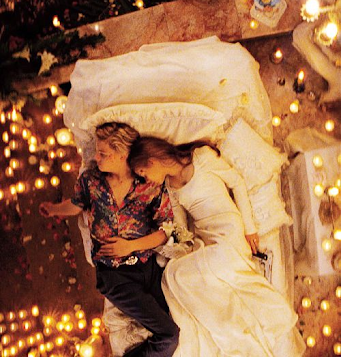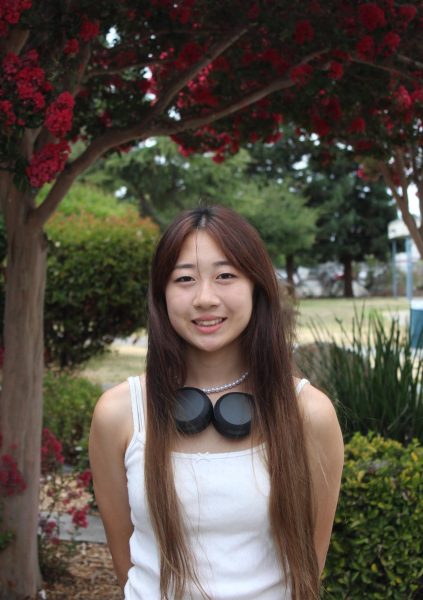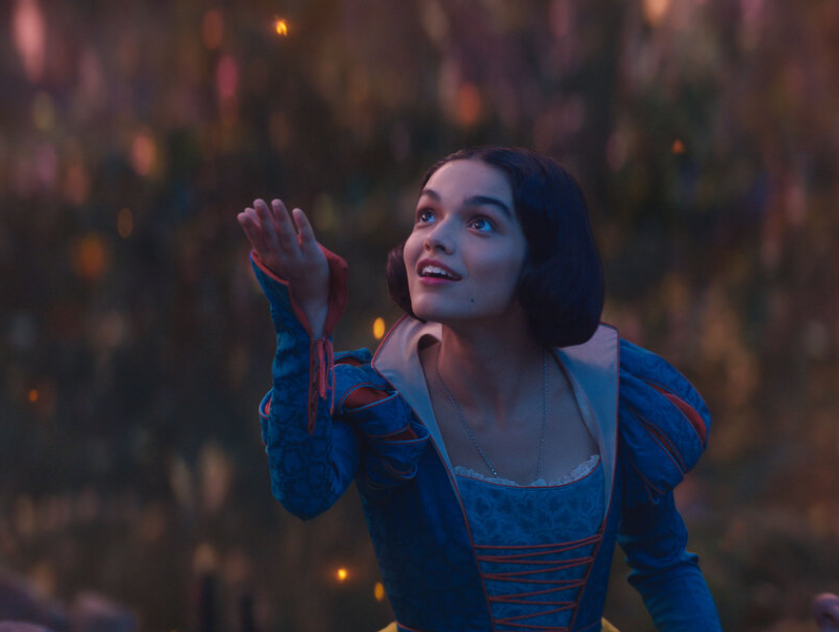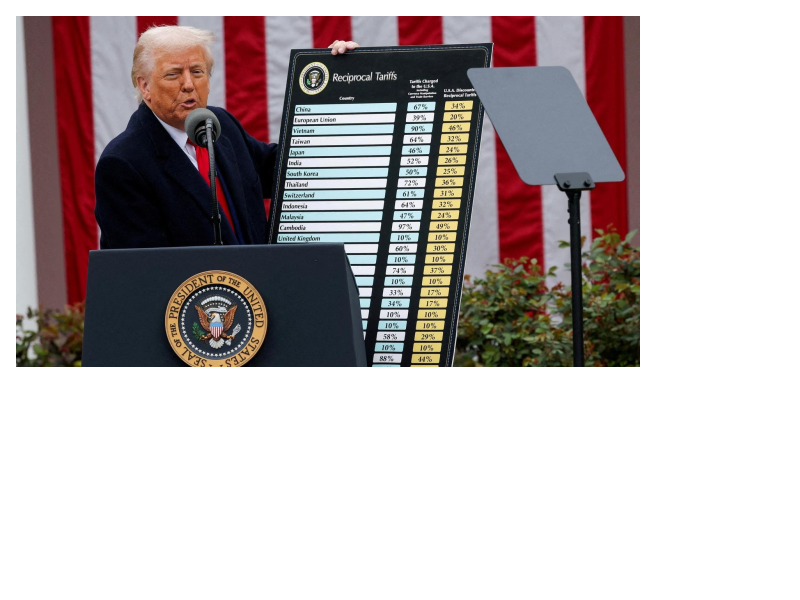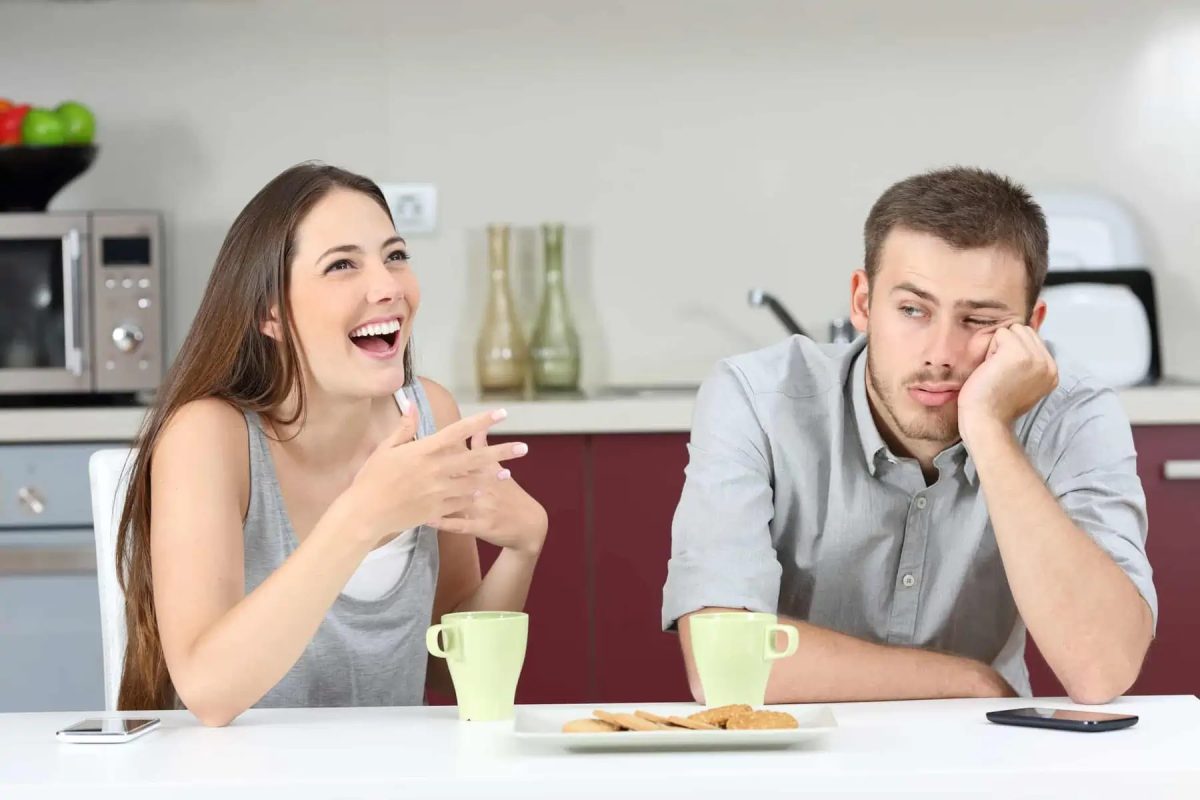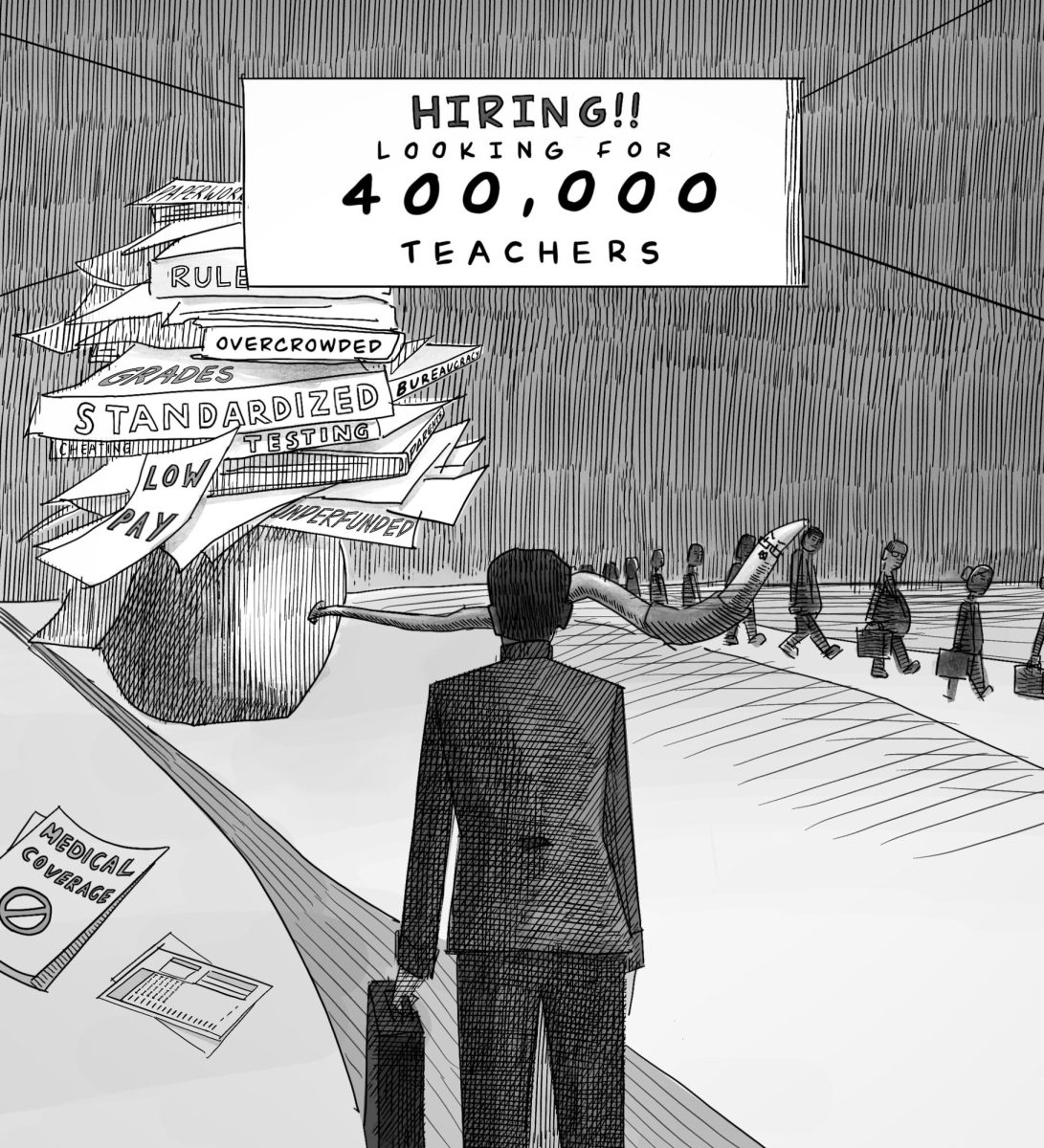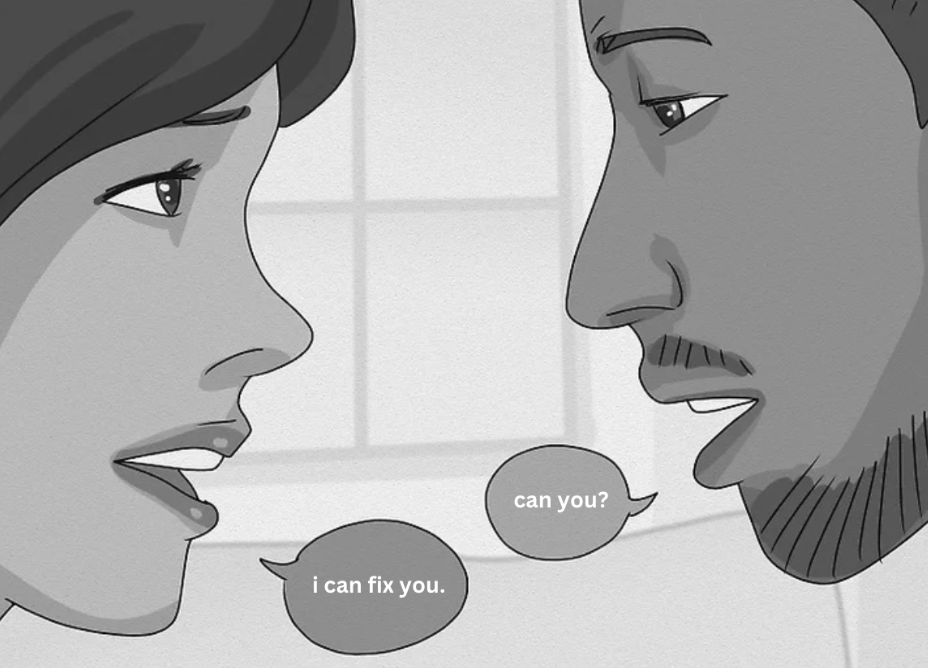Admit it. We all love cute love triangles, lovey dovey childhood sweethearts, and even forbidden love relationships. But did you ever stop to think about the actual significance behind these romance tropes? What particular factor pulls them together like two magnets? It’s the chemistry and of course, the common theme or motif present in any romance film or movie. But not all tropes are ranked equal; I will be ranking romance tropes from worst to best based on how well each trope displays its theme.
In last place is the well known, often overused, trope of love triangles. This romance concept revolves around two characters having romantic feelings for the same love interest. Usually, this results in one character winning over the love interest, living happily ever after, while the other suffers ultimate heartbreak. One person always ends up being defeated, typically the second lead or the less privileged one. As someone who doesn’t like slow burns without a clear sense of direction, this romance trope does not do justice for me. It’s a very trite generic romance trope found in most trendy shows and films today. An example of a show surrounding this trope is the Korean romance drama, True Beauty. It centers around a girl struggling with self esteem and toxic beauty standards who is stuck in a love triangle between two characters willing to do anything for her. In the end, she chooses the one who she believes understands her the most, but the other one is extremely heartbroken in the process, and many say he truly deserved a second chance. Overall, True Beauty just adds to the already large list of love triangle examples.
The second to last romance trope, fake dating, focuses on a trial run of a relationship between two love interests, which eventually spirals into deep mutual romantic interest. This romance trope is ranked relatively low because of its lack of story developing and not enough chemistry development between characters. They don’t begin with that close bond that friends to lovers or other romance tropes contain. The pretend couple go on simulation dates, buy presents for each other, and do everything necessary for an actual relationship. Over time, they gain feelings for each other, but it contradicts the idea of love at first sight, or true love, making it seem very forced. Setting up two people who were originally not romantically interested in each other goes against the idea of true love guiding two lovers together.
As many know, “To All the boys I’ve Loved Before” is a common representative of fake dating, as the female lead gets into fake relationships with accidental love interests, resulting in a close bond forming between them.
Next, a close tie, friends to lovers. It centers around two characters who begin as close friends, ranging from childhood friends to adults, slowly developing romantic feelings towards each other. It’s perfect for those who enjoy slow burns, but for me, it’s just the right amount of spice and comfort. This trope focuses on developing the hidden, deep feelings behind two characters who claim to be “just friends”. It is also relatable as it maintains just the right amount of reality, steering clear of over the top conflicts that create barriers between them. As time progresses, the safety and trust in their relationship becomes clear, making it one of the most comforting, heartwarming romance tropes. One issue with the trope is its lack of development on the idea of true or eternal love, which just makes it seem like a fleeting high school or young adult relationship. One example show which uses this trope is When I Fly Towards You, where two schoolmates who have no relation with one another, eventually develop a deep romantic connection and into a heartwarming relationship.
The second place winner, enemies to lovers revolves around two characters starting off as enemies, possibly due to misconceptions about one another, such as academic or sports rivalry and hostile attitudes. They grow to overcome each other’s petty hatred for one another, eventually falling in love. This romance trope truly shows how strong, passionate love can discard any surfacing feelings of hatred. Two characters do not need to begin with a perfect backstory, their love progresses and grows over time. As both have a sudden realization of their romantic feelings for each other, they learn to adapt and let go of their harsh perspectives towards each other. It is a great romance trope which focuses on the personal growth of a relationship with an entertaining plot, while also diving into the concept of true love breaking barriers. 10 Things I Hate About You, does an excellent job at bringing out the enemies to lovers trope. This iconic movie features an unexpected sequel of events that happen after a female lead accidentally falls for a rival, along with other well developed relationships within the film.
Now for the grand finale, the first place award goes to tragic love or the concept of star-crossed lovers. According to TV Tropes, it is characterized by two lovers who will never be able to be together, always destined to be apart due to timing, irreversible fate, feuding families, or other unfortunate circumstances. It’s truly the best romance trope because it reveals the bittersweet perspective of love. True love is not always the outcome; the idea of tragic or forbidden love plays a role in many romance plots and brings out the realistic reality of love stories. There will always be external forces driving both lovers apart, despite their eternal love for each other. I think the idea of bittersweet love followed by many sub-romance tropes such as right person wrong time, star-crossed lovers, and others have more personality than a simple slowburn or true love romance trope. Not all love stories are obstacle-free, since those would be too good to be true. Tragic love tropes show that although love is eternal, two lovers’ chance of a perfect destiny together isn’t. It also inflicts some sort of emotional response in the audience, something that other unrealistic romance tropes fail to succeed in. It purposefully gets you attached to the characters and the plot, leaving a lasting impact on the audience. Romeo and Juliet, the famous Shakespeare play, is about two destined lovers of enemy families struggling to hold onto their love, despite their growing infatuation with each other. Both characters are met with a tragic ending as not even true eternal love can save them.
Truly, romance tropes affect audiences emotionally and reveal the harsh reality of tragic romance takes the number one spot. Adorable and innocent romance tropes don’t do justice for such a vast topic.


